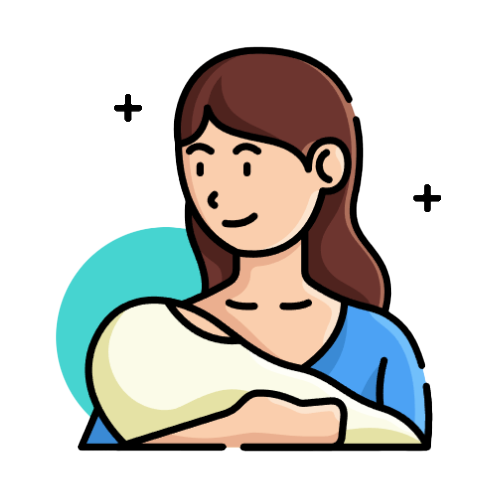Neonatal care refers to the medical care provided to newborn infants, particularly those who are premature, have low birth weight, or have specific health concerns. It is a specialized branch of healthcare that focuses on the unique needs of newborns during the first few weeks of life. Neonatal care plays a vital role in ensuring the healthy development and well-being of these vulnerable infants.
Specialized medical expertise
Neonatal care is provided by a team of highly skilled healthcare professionals, including neonatologists, nurses, respiratory therapists, and other specialists. These professionals have specialized training and knowledge in caring for newborns with various medical conditions or complications.
Intensive care for high-risk infants
Neonatal intensive care units (NICUs) are equipped with advanced medical technology and monitoring devices to provide round-the-clock care for high-risk infants. Premature babies, those with respiratory distress, infections, birth defects, or other critical conditions benefit from specialized care in the NICU.
Respiratory support
Many newborns require assistance with breathing, especially those born prematurely. Neonatal care units are equipped with ventilators and other respiratory support systems to help babies breathe and maintain proper oxygen levels.
Nutritional support
Newborns often have specific nutritional needs, especially premature infants who may have difficulty feeding. Neonatal care teams closely monitor and provide specialized feeding methods, such as tube feeding or intravenous nutrition, to ensure optimal growth and development.

Infection control
Newborns are more susceptible to infections due to their immature immune systems. Neonatal care units implement strict infection control measures to minimize the risk of infections and provide a clean and sterile environment for the infants.
Developmental support
Neonatal care teams focus on promoting the healthy development of premature infants and supporting their physical, cognitive, and emotional growth. They provide developmental assessments, interventions, and therapies to address any developmental delays or challenges that may arise.
Family-centered care
Neonatal care recognizes the importance of involving parents and family members in the care of the newborn. Family-centered care encourages parental involvement, bonding, and skin-to-skin contact (kangaroo care), which have been shown to improve outcomes for both the baby and the family.
Follow-up care
Neonatal care extends beyond the NICU. Many neonatal care units offer follow-up programs that provide ongoing medical and developmental assessments for infants after they are discharged from the hospital. These programs ensure continuity of care and help identify any potential long-term health or developmental issues.






